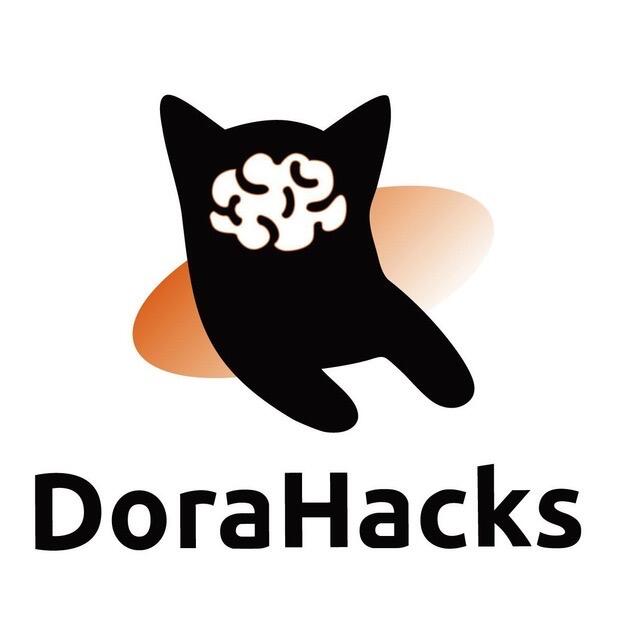-
 @ DoraHacks
2025-03-19 03:46:17
@ DoraHacks
2025-03-19 03:46:17DoraHacks: Pioneering the Global Hacker Movement
DoraHacks is the world’s largest hackathon community, driving radical innovation across multiple industries. Now, a similar hacker movement is emerging in biotech—what we call the FDA-Free Society. At DoraHacks, this is our core focus in the life sciences. We believe that medical and biotech innovation should not be held hostage by bureaucracy. Instead, it should be free to evolve at the pace of technological progress.
The FDA: The Biggest Bottleneck to Biotech Innovation
For decades, the Food and Drug Administration (FDA) has been the single greatest obstacle to progress in medicine and biotech. While ostensibly designed to ensure safety and efficacy, in reality, it has functioned as an entrenched bureaucracy that stifles innovation.
1. A Broken Approval Process
The FDA operates on timelines that make no sense in an era of exponential technological growth. Getting a new drug or therapy to market takes 10-15 years. By the time a breakthrough therapy is approved, entire generations of patients have already suffered or died waiting.
2. Astronomical Compliance Costs
Clinical trials under FDA oversight are prohibitively expensive. This eliminates most startups from even attempting disruptive innovation. Many promising therapies never see the light of day—not because they don’t work, but because the cost of compliance is too high.
3. The FDA-Pharma Cartel
The regulatory framework is not neutral—it overwhelmingly benefits Big Pharma. The FDA’s Byzantine approval system creates a protective moat for legacy pharmaceutical companies, while smaller biotech startups are crushed under compliance burdens. The result? Less innovation, more monopolization, and fewer choices for patients.
Market-Driven Biotech Innovation Is the Future
When bureaucracies control innovation, progress slows. When markets drive innovation, progress accelerates.
1. Let the Market Decide What Works
Why should government regulators dictate which treatments are available? In an open system, patients and doctors—not bureaucrats—should determine which therapies succeed or fail.
2. The "Right to Try" Loophole Proves the FDA Is Obsolete
The U.S. Right to Try Act already allows terminally ill patients to access experimental drugs before FDA approval. This proves an essential truth: The regulatory state is holding back life-saving treatments. If dying patients can bypass the FDA, why can’t everyone?
3. Startups Move Faster Than Bureaucracies
The success of mRNA technology was not driven by the FDA—it was driven by startups operating at the speed of the market. This is a template for the future. Regulation slows innovation. Entrepreneurs accelerate it.
BioHack: Breaking Free From the FDA’s Grip
One of the most important frontiers in biotech today is anti-aging and longevity research. Yet, the FDA has no framework for approving treatments that extend life. The result? A regulatory death sentence for one of the most transformative fields of medicine.
1. Biotech Needs FDA-Free Experimental Zones
In the future, biotech R&D should function like open-source software—free, experimental, and outside the reach of outdated regulators. We need FDA-Free labs, FDA-Free clinical trials, and FDA-Free therapeutics.
2. Decentralized Healthcare Will Disrupt Big Pharma
A new era of decentralized biotech is emerging—privately funded labs, medical DAOs, and startup-driven healthcare systems. The power to determine the future of medicine must shift away from centralized bureaucracies and Big Pharma toward entrepreneurs, scientists, and patients.
Conclusion: The Hacker Revolution in Biotech Is Here
The FDA-Free Society is not a thought experiment. It is an inevitability. Innovation will not be stopped. DoraHacks is committed to making BioHack a reality.